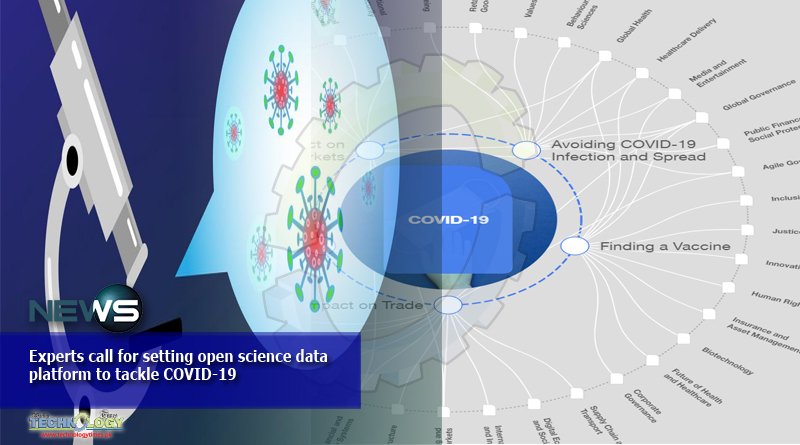As Pakistan crossed the 30,000 thresholds for novel coronavirus (Covid-19) cases, experts call for setting up an open science data platform for evidence-based policy formulation to tackle the pandemic.

Not only in Pakistan but also in whole world corona positive cases are increasing and to tackle the pandemic science data platform should be opened for everyone.
Experts call for setting open science data platform to tackle COVID-19This was stated during a webinar on “Covid-19 and Open Science”. The webinar had been organized by the United Nations Educational, Scientific, and Cultural Organization (UNESCO) in partnership with the Pakistan Academy of Sciences (PAS) as a follow up to the UNESCO Virtual Online Ministerial Dialogue on Covid-19.
UNESCO Representative in Pakistan Patricia McPhillips, Pakistan Academy of Sciences President Prof Qasim Jan, Higher Education Commission Chairman Prof Tariq Banuri, UNESCO Jakarta Director Prof Dr. Shahbaz Khan, National Institute of Health (NIH) Executive Director Maj Gen Aamer Ikram and Pakistan Biological Safety Association (PBSA) President Prof Zabta Shinwari, and Dow University of Health Covid-19 Focal Person Prof Saeed Khan, were the panelists who spoke on the importance of open data and knowledge access.
The panelists emphasized that the pandemic has reinforced the global necessity for open access to scientific data. They agreed that although multiple crises are underway globally, Covid-19 is the most acute, followed by climate, biodiversity, pollution, water, and energy.
Over the past decade, data science has emerged out of a variety of widespread developments, and companies, academic institutions, and governments are striving to hire data scientists while transforming their practices. There are many instances of academic data science.
Still, “data science” is not yet fully defined as an academic subject; the central tenets, concepts, knowledge, skills, and ethics powering this emerging discipline remain points of active discussion and continue to evolve. A new generation of tool developers and tool users will require the ability to understand data, to make good judgments about and good decisions with data, and to use data analysis tools responsibly and effectively.
Developers and users draw from computing, mathematics, statistics, and other fields and application domains. Educators and administrators are beginning to reimagine course content, delivery, and enrollment at the undergraduate level to best prepare students to operate in this new discipline.
New and greater volumes of information, along with its variety and velocity, compound long-standing challenges of data analysis and raise new ones. The ability to measure, understand, and react to large quantities of complex data can shape scientific discovery, social interaction, political interactions and institutions, economic practice, public health, and many other areas.
Data science workflows not only consume data, but they also produce data such as intermediate data sets, statistics, and other by-products such as visualization that need to be understood.
